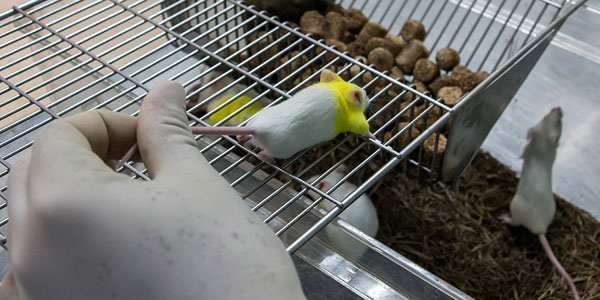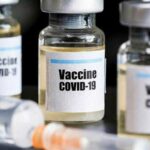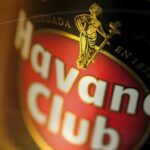Mayabeque, Cuba: The National Center for the Production of Laboratory Animals (CENPALAB), located in Mayabeque, plans to complete clinical trials of Cuban vaccine candidates against COVID-19 in primates in May.
According to the director of Toxicology and Animal Experimentation of the institution, Ileana Sosa Testé, this is the last phase of testing new vaccines in animals, based on the protocols standardized by the World Health Organization.
The specialist specified that the process always begins with tests on rodents (hamsters, mice and laboratory rats), then a second larger dose is applied, and only afterwards is it possible to proceed in primates.
“CENPALAB has a colony of four species of this animal family, of which human beings are also part, in addition to 12 other species and 26 lines of mice in 132 hectares of extension,” Sosa Testé said.
She highlighted that throughout its almost 40 years this center in the province of Mayabeque has assumed and successfully responded to the challenge of maintaining compliance with international regulatory requirements and standards.
Faced with the challenge of SARS-CoV-2 and the atypical work conditions, the institution collaborated in record time with the Center for Genetic Engineering and Biotechnology and the Finlay Vaccine Institute in the verification of Sovereigns 01 and 02, Mambisa and Abdala, the specialist pointed out.
Almost in parallel, she also took part in the validations of drugs such as Surfacen, Jusvinza and Nasalferón, something possible, according to the doctor, based on the commitment and capacity demonstrated by the team of 31 highly specialized technicians.
In addition to testing products for use in humans, CENPALAB deals with those intended for veterinary medicine and also agriculture, explained Sosa Testé.
CENPALAB’s Directorate of Animal Toxicology and Experimentation specializes in also offering specialized services from analytical chemistry, pathology and clinical laboratories.





